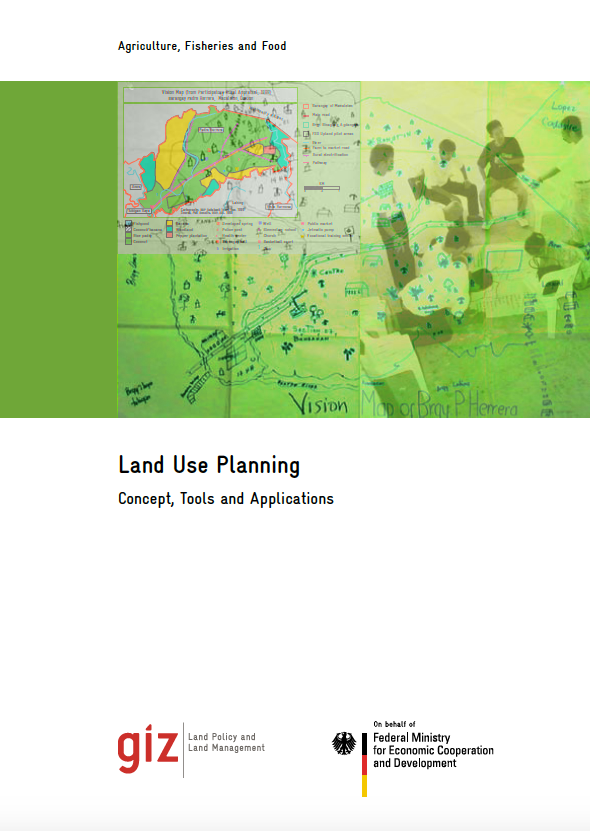City Development Strategy and City Assistance Programme : Kathmandu Metropolitan City, Volume 2
In conformity with its objective of
functioning as a local Government, Kathmandu Metropolitan
City (KMC) sought the assistance of the World Bank for the
preparation of a City Development Strategy (CDS) for
Kathmandu. The various sectoral as well as integrated
strategies presented in this document seem to be an
overwhelming demand on KMC with its limited manpower and
money. However, a CDS is essential if KMC is to focus its


